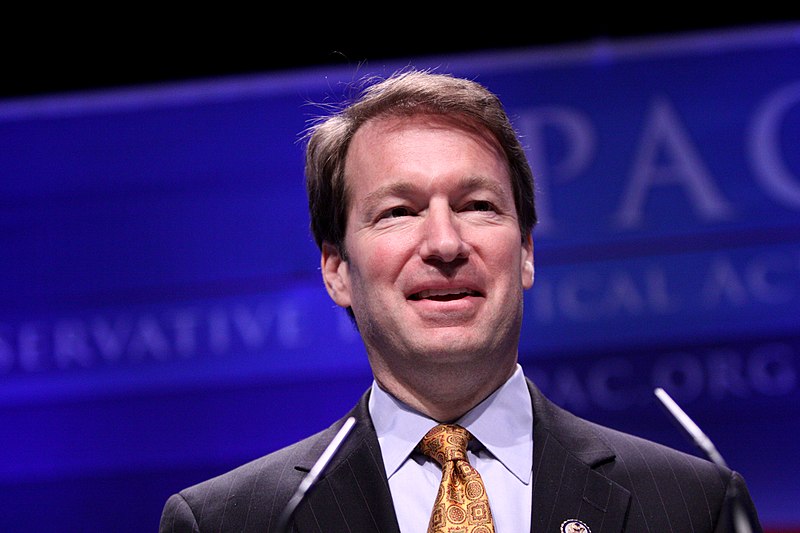
This past week, the House of Representatives passed multiple pieces of legislation to reform and update the IRS. Among the reforms is a proposal that strengthens identify theft protections for children, legislation that updates the IRS’ outdated tech, and a bill overhauling the agency’s appeals processes.
While each of these proposals represents a step in the right direction, there remains common sense IRS reforms that Congress should pass. One proposal that deserves prompt floor consideration is H.R. 4916, the Preventing IRS Abuse and Protecting Free Speech Act, sponsored by Congressman Peter Roskam (R-Ill.).
This Preventing IRS Abuse and Protecting Free Speech Act protects non-profits from IRS overreach by prohibiting the agency from collecting the identity of donors who contribute to these organizations.
Currently, the IRS requires non-profits to submit a Schedule B form, listing the names and addresses of their donors. The agency does not use this sensitive information for any purpose, but collects it anyway. In fact, IRS officials have publicly doubted the need for Schedule B forms given the risk of this information becoming public.
Instead of serving a legitimate purpose, the Schedule B form creates needlessly compliance costs on both non-profits and the IRS. At its most extreme, the form gives unelected bureaucrats a tool to chill political speech.
This concern is not hypothetical. There have been several cases where agency officials have leaked the sensitive information contained on Schedule B forms for political purposes, like when the Obama IRS leaked the schedule B of the National Organization for Marriage.
There is a clear need to reform the IRS to better protect free speech. There have been well documented cases of the agency targeting political speech under the Obama Administration, most notably when IRS employee Lois Lerner led an effort to deny non-profit status to conservative organizations. Years after this scandal, it is unclear whether sufficient protections are in place.
For instance, a 2016 report by the Government Accountability Office warned that the IRS may still be unfairly targeting Americans based on political beliefs. As the report noted, serious internal control flaws mean the IRS may still be unfairly selecting Americans for an audit “based on an organization’s religious, educational, political, or other views.”
Protecting free speech should be a bipartisan issue. Opposing this measure gives the IRS – regardless of whether it is run by Democrats or Republicans – a tool to chill and intimidate political speech.
The House should swiftly take up and pass Congressman Roskam’s Preventing IRS Abuse and Protecting Free Speech Act.

